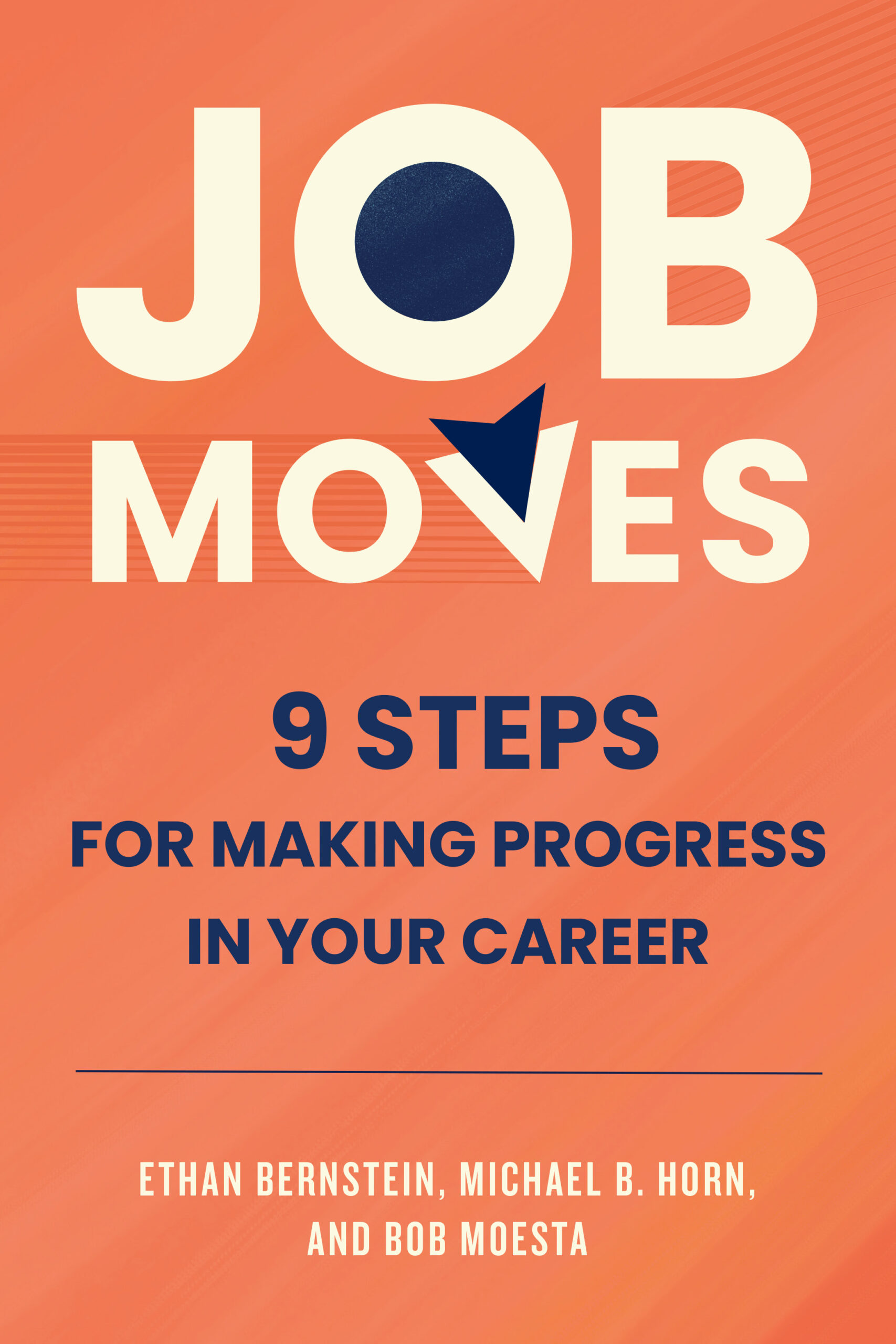Five Reasons Why Free College Doesn’t Make The Grade
As the presidential campaign has heated up, many Democratic presidential candidates are scrambling to see who can offer the most sweeping free college proposal.
Many are making the argument that extending access to public colleges is analogous to when the United States created universal high schools. One hundred fifteen years ago, only one-third of children in the United States who enrolled in the first grade made it to high school. The realization that competition with a fast-rising industrial Germany meant America would have to prepare everyone for vocations led the country to create the world’s first public universal schooling system. In just a generation, 75% of students entered high school.
Given that 65% of all jobs in the economy will soon require postsecondary education and training beyond high school, according to Georgetown University’s Center on Education and the Workforce, why not emulate our past and make public colleges free and universal, goes the argument.
In an industrial economy, extending access to a factory-model schooling system to assure a basic level of skills and knowledge made some sense. But in today’s knowledge economy with new postsecondary disruptive innovations emerging rapidly, traditional industrial-era colleges and universities don’t deserve such privileged treatment.
Today’s free college policies are misguided, as they don’t tackle the root cause of why college costs so much and could confine students’ ultimate choices to subpar options that, although appearing to be free, are actually quite costly—in students’ opportunity cost and expenditures for the American public.
I’ve written on this topic a number of times, in particular here and here, but here’s a brief summation of five reasons why this logic and the ensuing free college proposals don’t make sense.

0 comments